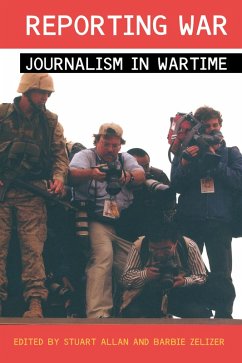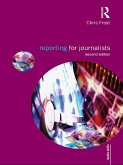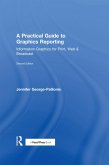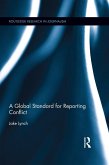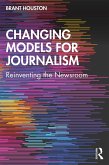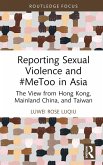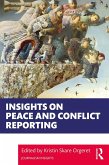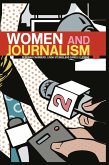"Reporting War" explores the social responsibilities of the journalist during times of military conflict. News media treatments of international crises, especially the one underway in Iraq, are increasingly becoming the subject of public controversy, and discussion is urgently needed. Each of this book's contributors challenges familiar assumptions about war reporting from a distinctive perspective. An array of pressing issues associated with conflicts over recent years are identified and critiqued, always with an eye to what they can tell us about improving journalism today. Such issues include: the influence of censorship and propaganda, "us" and "them" news narratives, access to sources, "24/7 rolling news" and the "CNN effect," military jargon (such as "friendly fire" and "collateral damage"), "embedded" and "unilateral" reporters, tensions between objectivity and patriotism, among others. Special attention is devoted to considering recent changes in journalistic forms and practices, and the ways in which they are shaping the visual culture of war. Taken together, the book's chapters raise important questions about the very future of journalism during wartime, questions which demand public dialogue and debate.
This book will be essential reading for students taking courses in news and news journalism, as well as for researchers, teachers and practitioners in the field.
Dieser Download kann aus rechtlichen Gründen nur mit Rechnungsadresse in A, B, BG, CY, CZ, D, DK, EW, E, FIN, F, GR, HR, H, IRL, I, LT, L, LR, M, NL, PL, P, R, S, SLO, SK ausgeliefert werden.

